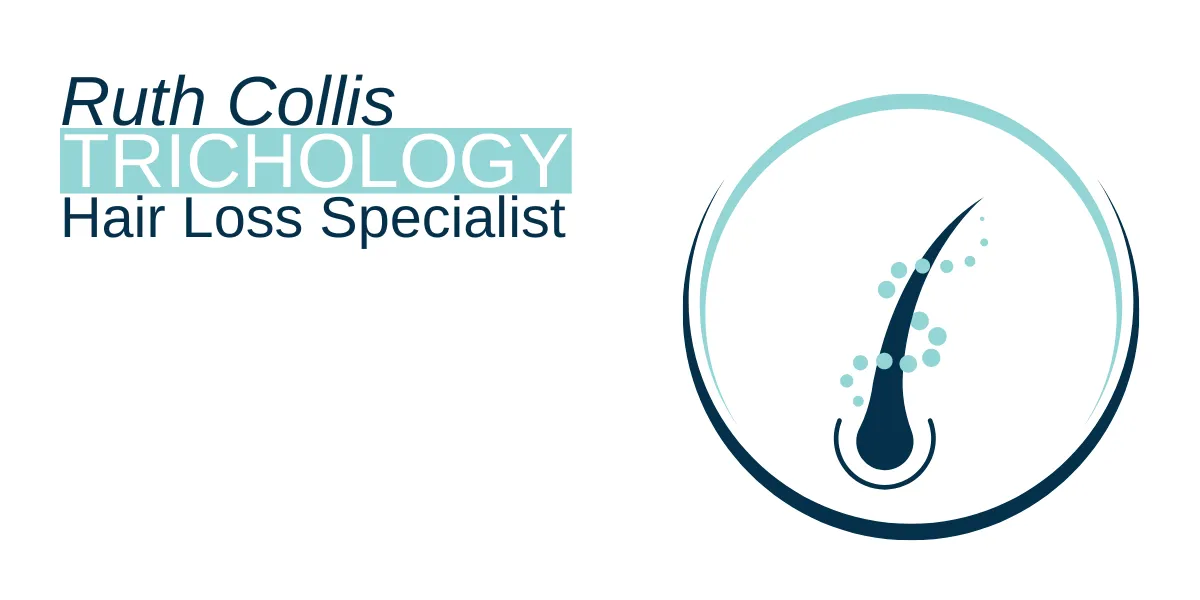

How to Stop Hair Shedding: Causes, Diagnosis, and Treatment
Blog Post: How to Stop Hair Shedding: Causes, Diagnosis, and Treatment
Hair shedding is a common concern that affects many individuals, especially women. Understanding what causes hair shedding and finding effective ways to stop it is crucial for maintaining healthy hair. This blog post will explore the causes of hair shedding, how to prevent excessive hair loss in women, and the role of nutritional deficiencies in hair health. Additionally, we'll emphasise the importance of early and accurate diagnosis by a Professional Standards Authority Certified Trichologist.
What Causes Hair Shedding?
Hair shedding can result from various factors, including:
Stress and Trauma: Physical or emotional stress can push hair follicles into the telogen (resting) phase prematurely, leading to increased hair shedding.
Hormonal Changes: Hormonal fluctuations during perimenopause, menopause, or due to thyroid issues can cause hair shedding.
Nutritional Deficiencies: Lack of essential nutrients like iron, zinc, and vitamins can weaken hair and lead to shedding.
Medical Conditions: Conditions such as alopecia areata, lupus, and scalp infections can contribute to hair loss.
Medications: Certain medications, including those for cancer, depression, and high blood pressure, can cause hair shedding as a side effect.
Genetics: Female pattern hair loss (FPHL) and male pattern baldness (MPB) are genetic conditions that lead to progressive hair thinning and loss over time.
How Do I Stop My Hair from Falling Out as a Female?
To effectively address hair shedding, it's essential to understand its underlying cause. Here are some steps you can take:
Consult a Trichologist: A Professional Standards Authority Certified Trichologist can diagnose the specific type of hair loss you're experiencing and recommend appropriate treatments.
Maintain a Balanced Diet: Ensure you're getting adequate nutrition, including iron, zinc, and vitamins essential for hair health.
Manage Stress: Incorporate stress-relief practices such as yoga, meditation, or regular exercise into your routine.
Avoid Harsh Treatments: Limit the use of heat styling tools, chemical treatments, and tight hairstyles that can damage your hair.
Regular Check-ups: Keep up with regular medical check-ups to monitor and manage any underlying health conditions that could affect your hair.
Which Deficiency Causes Hair Shedding?
Nutritional deficiencies can play a significant role in hair shedding. Some of the most common deficiencies associated with hair loss include:
Iron Deficiency: Iron is crucial for producing haemoglobin, which carries oxygen to your hair follicles. Low iron levels can lead to anaemia and hair shedding.
Zinc Deficiency: Zinc is essential for DNA and RNA production, which is critical for healthy hair follicles. A lack of zinc can disrupt hair growth and cause shedding.
Vitamin D Deficiency: Vitamin D plays a role in hair follicle cycling. Low levels of vitamin D have been linked to alopecia areata and increased hair shedding.
Importance of Early and Correct Diagnosis
Any shedding lasting more than six weeks, whether it's sudden clumps or gradual thinning, should be checked by a professional. Self-diagnosis or relying on information from the internet can often lead to incorrect conclusions and ineffective treatments. Different types of hair loss, such as female pattern hair loss (FPHL), male pattern baldness (MPB), and other conditions, require different approaches, and only a certified trichologist can provide a thorough evaluation and develop a personalised treatment plan.
Why See a Professional Standards Authority Certified Trichologist?
As a standalone trichologist, my focus is on providing accurate diagnoses and effective treatments for hair loss and scalp conditions. Here’s why you should consider consulting a certified trichologist:
Expertise: Trichologists are specially trained to understand the complex nature of hair and scalp health. They can identify the root causes of hair shedding that may not be apparent to others.
Personalised Treatment Plans: A certified trichologist will create a treatment plan tailored to your specific needs, considering all aspects of your health and lifestyle.
Advanced Treatments: Access to the latest treatments and technologies that can effectively address various types of hair loss.
Support and Guidance: Ongoing support and education to help you maintain healthy hair and prevent future shedding.
Importance of Checking for Deficiencies
Before starting any supplements for hair loss, it is important to have your blood work checked for deficiencies. Supplementing without confirming a deficiency can lead to toxicity and other health issues. Some supplements, when taken unnecessarily, can cause harm rather than benefit. Always consult with a healthcare provider or a certified trichologist to determine the appropriate course of action.
If you're experiencing hair shedding and are unsure of the cause, it's crucial to seek professional help. Early intervention can make a significant difference in the effectiveness of treatment.
To take the first step towards healthier hair, book a consultation with me at ruthcollistrichology.book.app. Together, we can identify the cause of your hair shedding and develop a comprehensive plan to restore your hair to its full potential.
